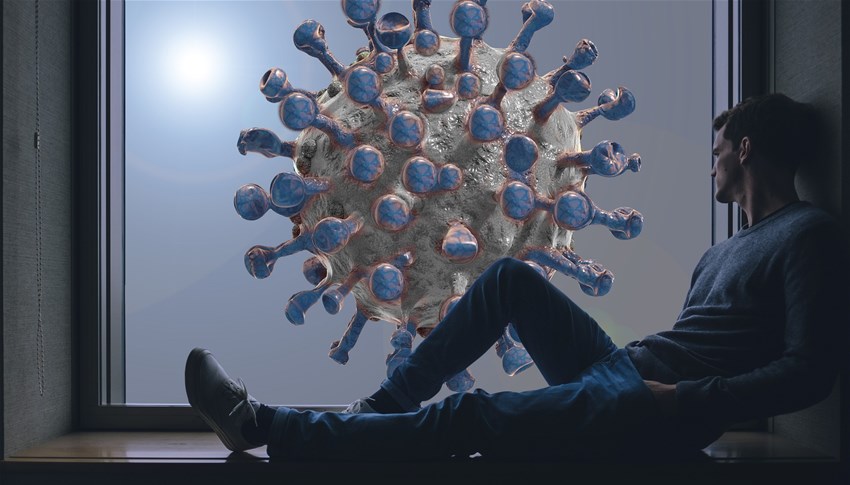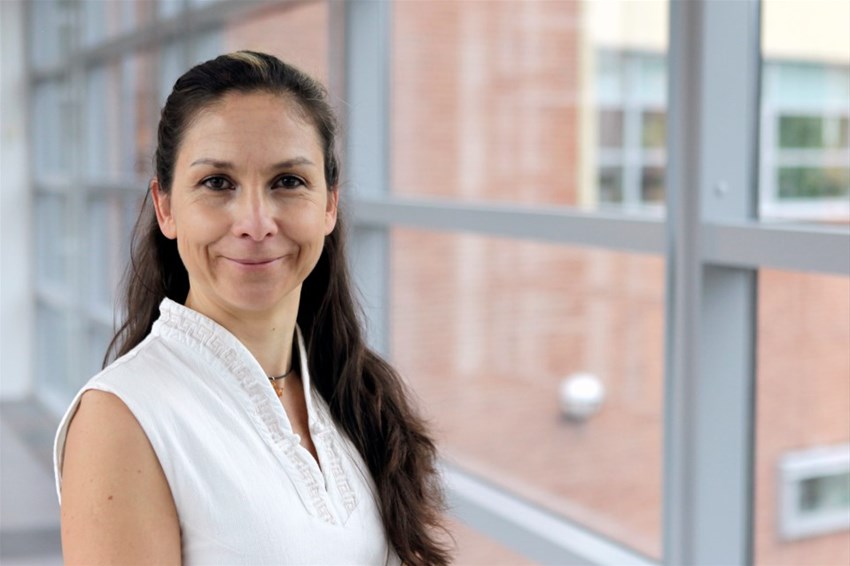Young people cope better than expected with the long-term restrictions due to the pandemic
16 Sep 2021
More than 5,000 high school students from five countries were included in a study on how they coped with the long-term restrictions due to the COVID-19 pandemic. The results are surprising: - The concerns and warnings about the serious negative consequences of the strict COVID-19 restrictions on mental health, risk behaviors and victimization were not present in most young people’s lives, says Nóra Kerekes, Professor of medical science (Psychiatry) at University West, who is the project leader.

The study is based on data collected in fall of 2020 measuring the impact of long-term COVID-19 restrictions on adolescents’ behavior, mood, psychological distress, and psychosocial functioning. High school students (15-19 years old) from Sweden, USA, Vietnam, Serbia, and Morocco responded to the survey. The data is now being analyzed from different perspectives, to answer several scientific questions. The first study on the multinational sample of students focusing on the impact of COVID-19 pandemic on adolescents’ life, is now published with unexpected results.
A significant proportion of adolescents reported that they spent less time outdoors, devoted less time to meeting friends in real life and less time at school, while they reported having more time to do things, they did not have time to do before, and that they spent more time to use social media to stay in touch.
- We investigated the so-called Generation Z. It seems that because they have grown up with social media in their everyday lives, they were well equipped to adapt to physical isolation quickly and therefore may not felt as socially isolated as we predicted, says Nóra Kerekes.

Nóra Kerekes, Professor of medical science (Psychiatry) at University West, who is the project leader.
An unexpected finding was that one third of the adolescents increased their physical activity and felt that they had more control over their lives during the restrictions. The majority of them did not engage more in risk behaviors and did not report worsened mental health or increased exposure to bullying. However, there were gender differences.
Gender differences
- We found that female adolescents reported a stronger impact on their everyday life by the COVID-19 pandemic. This finding supports previous results showing that psychological distress level is higher among young women, says Nóra Kerekes.
While alcohol use showed a declining trend under restrictions, the use of prescription drugs showed a slightly alarming trend. More than 60% of adolescents who reported a change in their prescription drug use reported increased use. This is something that Nóra Kerekes wants to draw attention to:
- Organizations in contact with adolescents, such as schools, healthcare and social services, must be prepared for the fact that there are some young people who have been hit hard by this crisis and reported increased risk behaviors, deteriorating mental health (i.e.: sleep problems, increased stress, anxiety and depression) and increased exposure to bullying.
Comparison between countries is surprising
When researchers compared the data collected in the participating countries on COVID-19 impact on young people's lives, the findings were somewhat unexpected. Previous research suggested that young people in developing countries had been affected more negatively. The new study’s result suggests that besides the socioeconomic resources of a country, cultural, political, and structural protective and risk factors should be seriously considered.
- If you compare the results between the participating countries, you see that Swedish adolescents reported the lowest impact of COVID-19 on their lives. As expected, a stronger impact on young people's lives was reported from Vietnam, Serbia, and Morocco, while unexpectedly, young people in the USA (NY state) reported the strongest negative impact, says Nóra Kerekes.
She continues:
- We must be extremely careful about generalizing this result due to the low response rate from the USA. The very fact that it was the most difficult to recruit high school students to respond to our survey in the USA, showed that young people there were strongly affected by the restrictions and the events of the pandemic.
Lastly, Nóra Kerekes would like to highlight some positive perspectives of the findings.
- High school counselors, teachers, and the young people's parents deserve recognition for creating ideal conditions for high school students to positively cope with this crisis.
More information and contact
Scientific publication: Changes in Adolescents ’Psychosocial Functioning and Well-Being as a Consequence of Long-Term COVID-19 Restrictions
To the international project: Mental and Somatic Health without borders
Contact: Nóra Kerekes, Professor of Medical Science, University West, nora.kerekes@hv.se , +46 739 01 34 03


